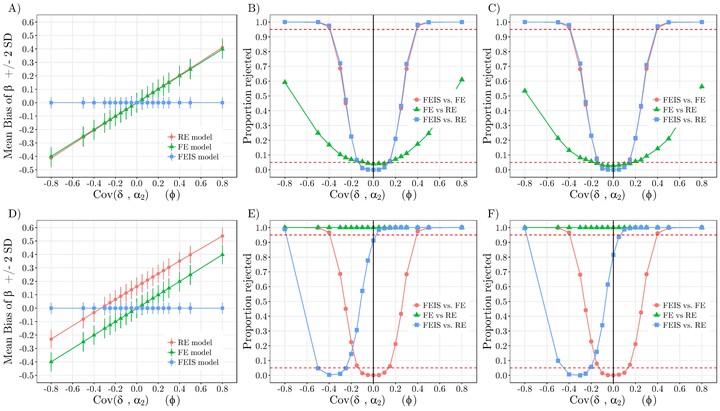Fixed Effects Individual Slopes: Accounting and Testing for Heterogeneous Effects in Panel Data or Other Multilevel Models

Abstract
Fixed effects (FE) panel models have been used extensively in the past, as those models control for all stable heterogeneity between units. Still, the conventional FE estimator relies on the assumption of parallel trends between treated and untreated groups. It returns biased results in the presence of heterogeneous slopes or growth curves that are related to the parameter of interest (e.g., selection into treatment is based on individual growth of the outcome). In this study, we derive the bias in conventional FE models, and show that fixed effects individual slope (FEIS) models can overcome this problem. This is a more general version of the conventional FE model, which accounts for heterogeneous slopes or trends, thereby providing a powerful tool for panel data and other multilevel data in general. We propose two versions of the Hausman test that can be used to identify misspecification in FE models. The performance of the FEIS estimator and the specification tests is evaluated in a series of Monte Carlo experiments. Using the examples of the marital wage premium and returns to preschool education (Head Start), we demonstrate how taking heterogeneous effects into account can seriously change the conclusions drawn from conventional FE models. Thus, we propose to test for bias in FE models in practical applications and to apply FEIS if indicated by the specification tests.